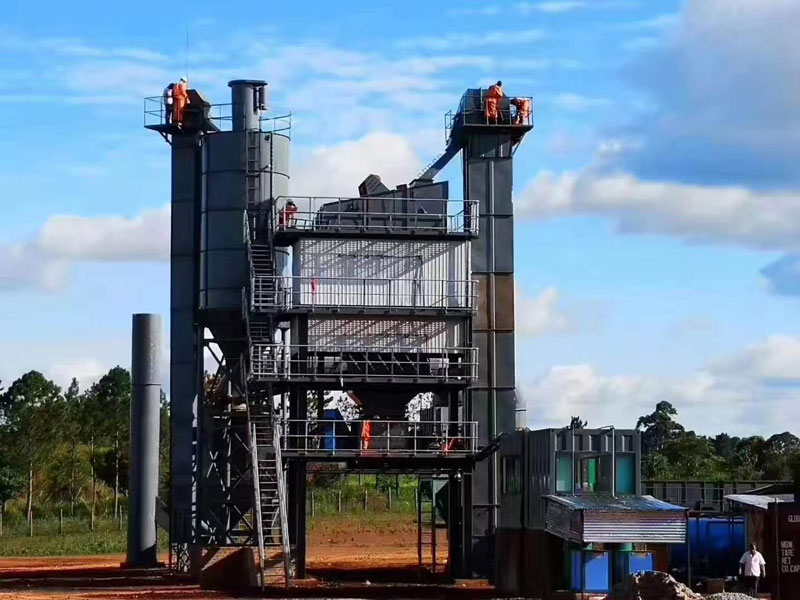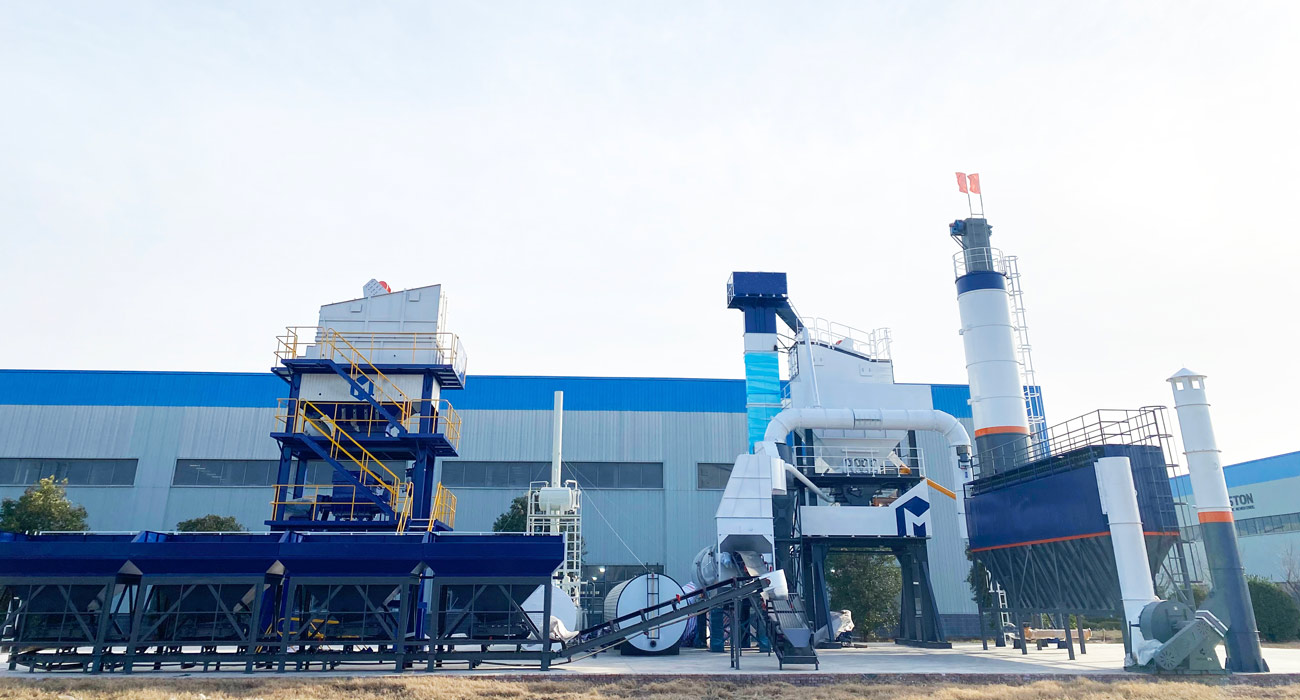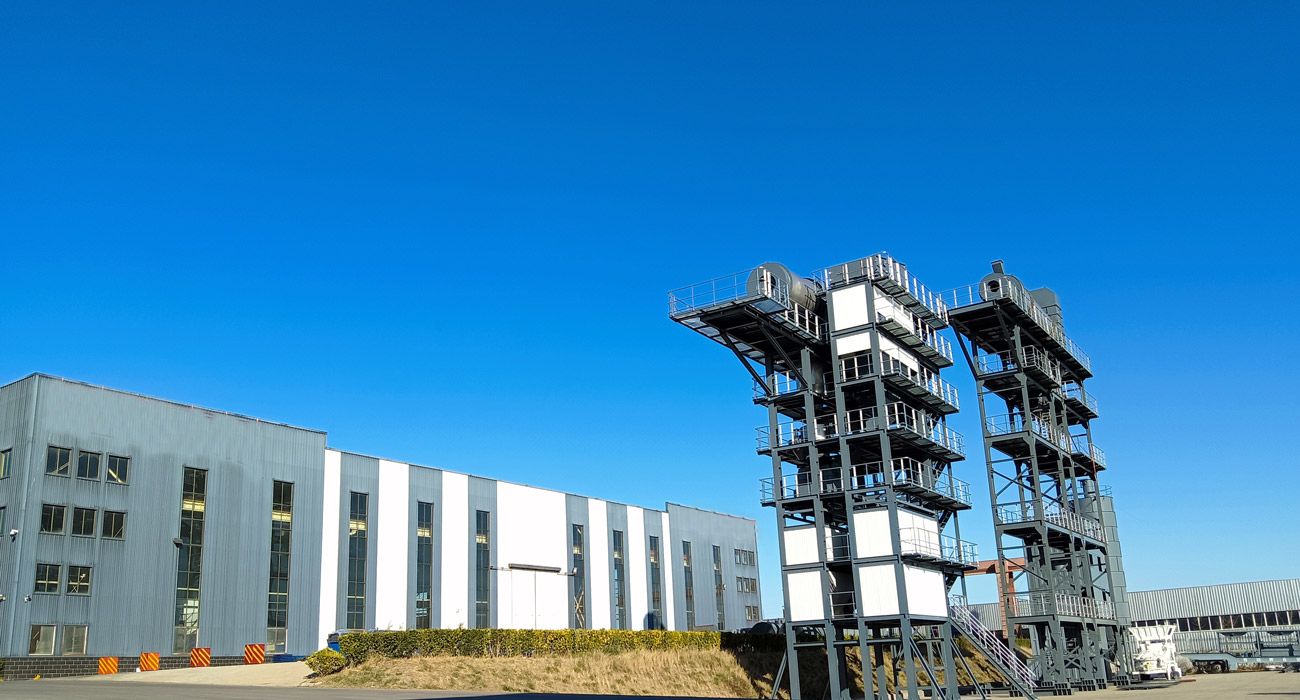Effective coordination between upstream and downstream equipment is essential for minimizing production losses in asphalt mixing plants. By optimizing the workflow and ensuring seamless communication between different stages of production, customers can enhance efficiency and reduce waste. This article discusses how strategic coordination can lead to significant improvements in asphalt production, focusing on user-centric strategies that directly impact operations.

Streamlining Workflow Between Upstream and Downstream Equipment
The first step in reducing production losses is to streamline the workflow between upstream and downstream equipment. Upstream processes involve the preparation and mixing of raw materials, while downstream activities focus on distribution and application. By ensuring that these two segments are well-coordinated, customers can minimize delays and improve overall efficiency.
For instance, in an asphalt plant in UAE, effective coordination can involve aligning the output of raw material preparation with the mixing operation. If a cold mix asphalt plant produces material faster than it can be processed by downstream equipment, it can lead to bottlenecks and wasted resources. Therefore, implementing automated systems that track inventory levels and production rates allows for timely adjustments, ensuring that upstream operations match downstream demands.

Additionally, employing mobile asphalt mixing plants can enhance flexibility, allowing for quick adjustments to production rates based on real-time requirements. This adaptability is particularly beneficial in rural roads construction, where project conditions may vary and timely responses are essential.
Implementing Real-Time Monitoring and Communication
Incorporating real-time monitoring systems can significantly enhance the coordination between upstream and downstream equipment. With advanced sensors and data analytics, operators can gain insights into production performance and quickly identify any discrepancies or inefficiencies. This technology enables proactive decision-making, reducing the likelihood of production losses.
For example, if a cold mix asphalt plant detects that the output rate is declining, it can immediately alert upstream equipment to adjust the material flow. This real-time communication ensures that all components of the production process are aligned, preventing costly downtime and waste. Moreover, by utilizing cloud-based platforms for data sharing, all team members can access critical information regardless of their location, fostering better collaboration and responsiveness.

Optimizing Equipment Maintenance and Performance
Regular maintenance and performance optimization of both upstream and downstream equipment are crucial for minimizing production losses. When equipment operates at peak efficiency, the likelihood of delays and breakdowns decreases significantly. Implementing a comprehensive maintenance schedule allows operators to identify potential issues before they escalate, ensuring continuous production flow.
Customers should also consider investing in high-quality equipment from reliable asphalt plant suppliers, like Macroad. Equipment that is designed for durability and efficiency can lead to reduced operational costs and less frequent repairs. For instance, using state-of-the-art mixing technologies in both stationary and mobile plants can enhance product quality while minimizing waste.
Furthermore, training operators to understand the importance of equipment coordination can lead to more effective use of resources. By empowering staff with the knowledge to recognize how upstream and downstream processes interact, companies can foster a culture of efficiency that ultimately reduces production losses.
Conclusion
Reducing production losses in asphalt mixing plants requires a strategic focus on the coordination of upstream and downstream equipment. By streamlining workflows, implementing real-time monitoring, and optimizing equipment performance, customers can significantly enhance their production efficiency. As the demand for high-quality asphalt increases, particularly in projects like rural roads construction, effective coordination will be essential for maintaining competitiveness and delivering outstanding results. Embracing these practices not only minimizes waste but also positions companies for long-term success in the asphalt industry.